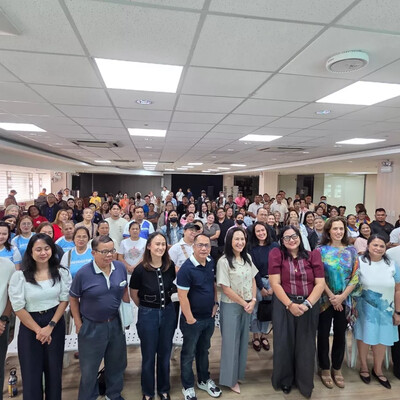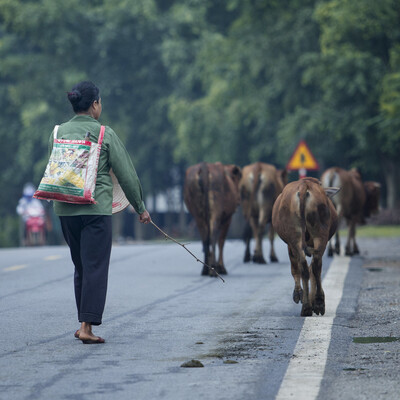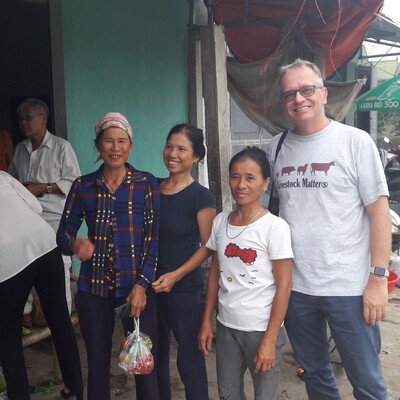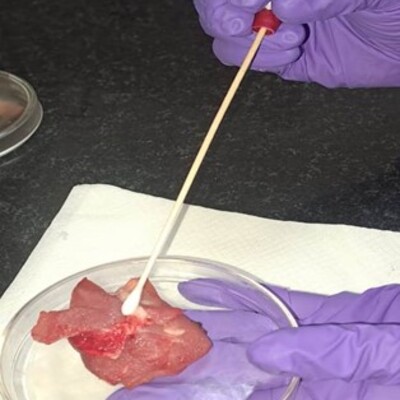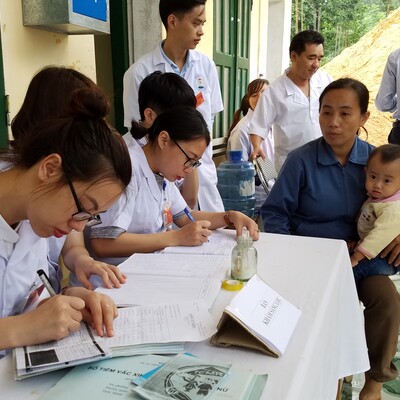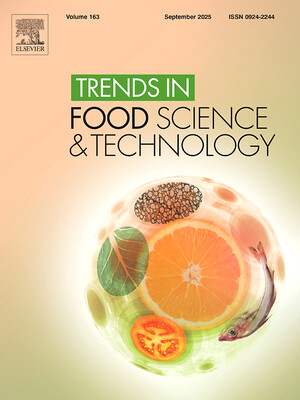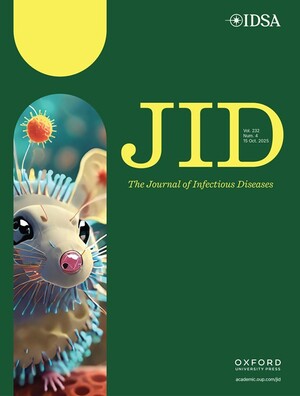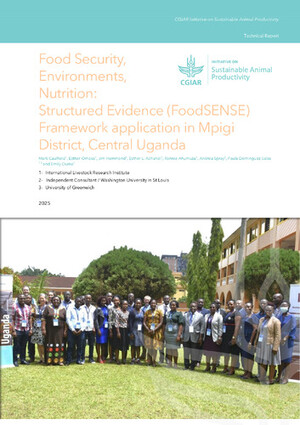
Investing in upgraded pork offers opportunity to improve food safety and incomes in Vietnam
A recent study by the International Livestock Research Institute (ILRI) and the Hanoi University of Public Health shows that Vietnamese consumers are willing to pay a premium for upgraded fresh pork. The ‘Impact of perception and assessment of consumers on willingness to pay for upgraded fresh pork: An experimental study in Vietnam,’ sheds light on the importance of food safety and consumer perception in the pork industry.
With Vietnam experiencing rapid economic growth and increased meat consumption, ensuring the safety of pork has become a top priority. Traditional pork shops play a crucial role in supplying pork to consumers, but there is a need to enhance food safety practices in these establishments. The study aimed to understand how consumers perceive these improvements and whether they are willing to pay higher prices for safer pork products.
Using the Becker–DeGroot–Marschak (BDM) mechanism, full bidding approach, researchers collected data from 152 respondents from three traditional markets in two provinces of Thai Nguyen and Hung Yen. Participants were asked about their perceptions, assessments, and willingness to pay for pork from both traditional and upgraded pork shops. The results were insightful and had significant implications for the pork industry.

Researchers found that consumers were willing to pay 20% more for upgraded fresh pork compared to the pork available in the traditional markets. This indicates a strong demand for safer pork products and suggests that upgrading traditional pork shops could be economically viable. Factors influencing consumers' willingness to pay included their trust in the effectiveness of the upgraded interventions and the quality of pork at the shop.
Additionally, the study revealed that concerns about contaminated pork had a negative impact on consumers' willingness to pay for pork in typical shops. This highlights the importance of addressing food safety issues to regain consumer confidence in these establishments. Interestingly, the frequency of pork consumption and the presence of elderly family members also influenced consumers' willingness to pay for both upgraded and typical pork.
‘Investing in upgraded pork offers an opportunity to improve food safety and incomes in Vietnam. Our study highlights the willingness of Vietnamese consumers to pay a premium for upgraded fresh pork, underscoring the importance of food safety and consumer perception in the pork industry.’, Hai Ngo, PhD student, ILRI, lead author of the study commented.
By addressing consumers' concerns and enhancing their trust in the quality of pork, sellers can tap into a market segment willing to pay higher prices for safer products. This creates an opportunity for the pork industry to improve food safety standards while meeting consumer expectations.
The research has significant implications for government, funders and private sector actors involved in food safety. Understanding consumers' perceptions and assessments can help estimate the benefits and sustainability of such initiatives. By working together, policymakers, researchers, and other stakeholders can develop targeted interventions to enhance food safety, ensure a reliable pork supply chain, and meet the growing demand for safer pork products in Vietnam.
Read the paper for more information: https://hdl.handle.net/10568/129044






